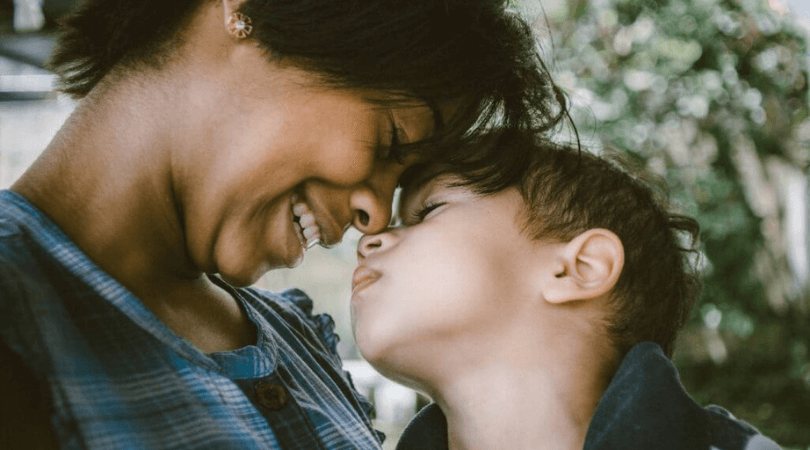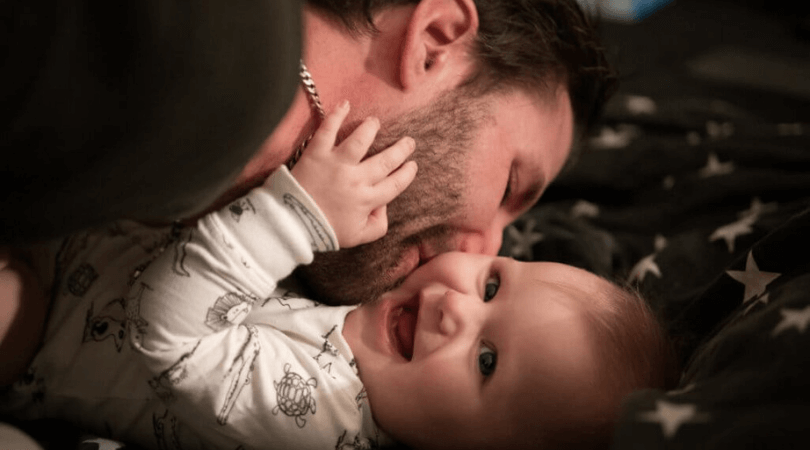
Georgia Child Custody Factors Considered by a Judge:
- The bonding and emotional ties that exist between each parent and the child
- The length of time the child has lived in the current home and whether that environment is stable and satisfactory
- The mental and physical health of each parent
- Evidence of family violence, child abuse, substance abuse or criminal history of either parent
- The ability of each parent to meet the educational needs of the child
- The ability of each parent to provide the child with food, clothing, and medical care
- Each parent’s involvement in the child’s educational, social and extracurricular activities
Physical and Legal Child Custody?
There are two types of child custody under Georgia law: physical and legal. Physical custody determines the parent with whom the child lives. Legal custody determines who makes major decisions concerning the child, including the child’s education, health care, extracurricular activities, and religious training.
In Marietta Georgia, children who are 14 years or older often make a custody election about which parent they would prefer to live with. However, a judge can overrule the custody election if the judge decides that living with the children preferred parent is not in the child’s best interests.
Because of the intricacies of state law, whether you’re seeking sole custody of your child or you’ve agreed to share custody with your former partner, you should consider speaking with a family law attorney prior to your child custody hearing.

What You Should Know About Georgia Child Custody:
- Before arriving at your child custody hearing, you and your former partner should craft a parenting plan that outlines a number of details including:
- A parenting time schedule, with an outline making clear who the child will spend time with for each day of the year
- An agreement about how the child will spend holidays and vacations
- A proposal for transportation arrangements and drop-off points when a child leaves one parent to visit the other
- An agreement about how a parent may contact a child when that child is in the other parent’s care
- During the initial custody proceedings, the judge will act with your child’s best interests in mind, listening to the points made by both you and your former partner and considering carefully your child’s health, safety, and comfort. After the judge awards Georgia child custody, this decision cannot be amended unless there’s a significant change in family circumstance.
- The judge may opt to grant either sole custody or joint custody. In sole custody, the judge may approve visitation rights for the noncustodial parent, but otherwise, the noncustodial parent cannot exercise legal authority on the child’s behalf. In joint custody, the parents may share in their child’s legal and physical custody, making decisions together about their child’s education, medical care, and religious upbringing, while enjoying roughly equal parenting time.
- Upon reaching age 14, your child may express who they want to live with and the parents may request a change in physical and legal custody through the courts. The judge still makes the final decision.
- At least 30 days before a move, a custodial parent must write a letter to inform a noncustodial parent or another family member with visitation rights of a new address.
- Once every 2 years, the family law court may review and modify parent visitation rights, although custody rights may only be reviewed and modified if there’s a significant change in family circumstance.

FAQs:
As a non-custodial parent, how do I get custody of my child?
You’ll need to visit the Superior Court in the custodial parent’s county of residence and fill out a petition for change of custody. At the hearing, you’ll need to offer proof that you’ve recently noticed a material change in family circumstance that directly affects your child’s interest and well-being. Minor changes only in living condition will not persuade a judge to approve a new custody decision.
Will a judge award grandparents custody or visitation rights?
Although judges may award grandparents these rights, family law courts consider the rights of natural parents first. When either or both the mother and father are competent and willing to care for the child, the judge will grant custody preferentially to that natural parent.
As a military parent with joint custody of my child, what do I need to do before I leave for deployment?
Within 2 weeks of learning of your deployment, you’ll need to send a written notice to your former partner explaining how your service will affect your parenting time. If you’ve received notice in less than 2 weeks before deployment, you must send that written notice immediately. Because state law permits temporary changes to parenting plans for military children, you should consult a lawyer to understand how you may modify your plan and who you can designate to care for your child.
Publication Sources:
GeorgiaLegalAid.org | A guide to free and low-cost legal …. https://www.georgialegalaid.org/resource/child-custody-and-visitation-answers-to-commo
The Basics of Child Custody Laws in Georgia | Attorneys.com. http://www.attorneys.com/child-custody/georgia/child-custody-laws-in-georgia-basics
Child Custody | Georgia.gov. https://georgia.gov/popular-topic/child-custody

